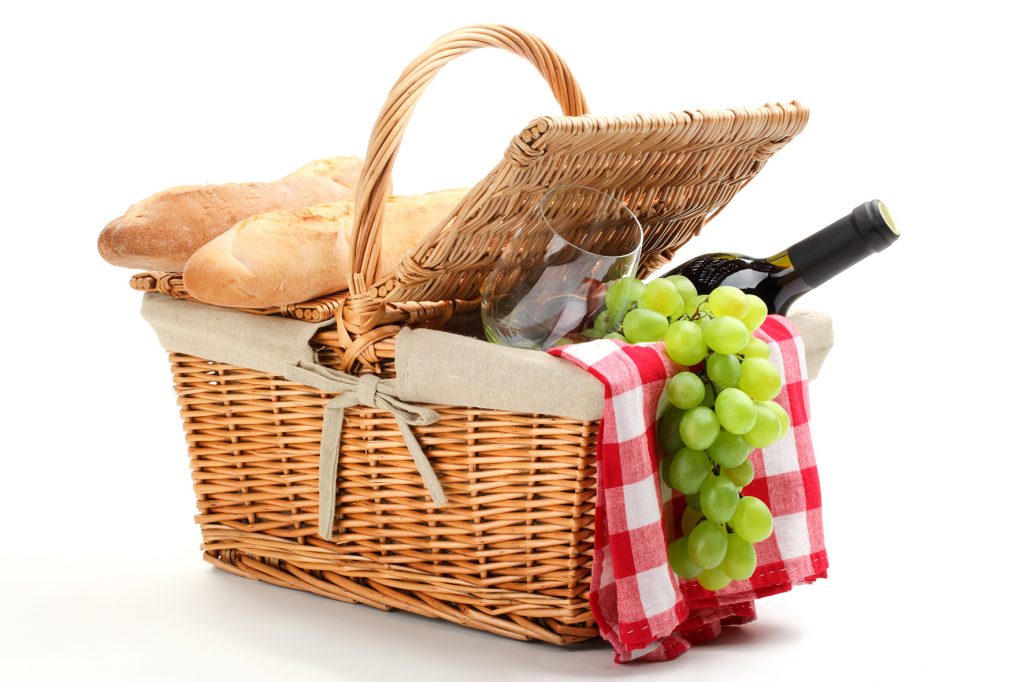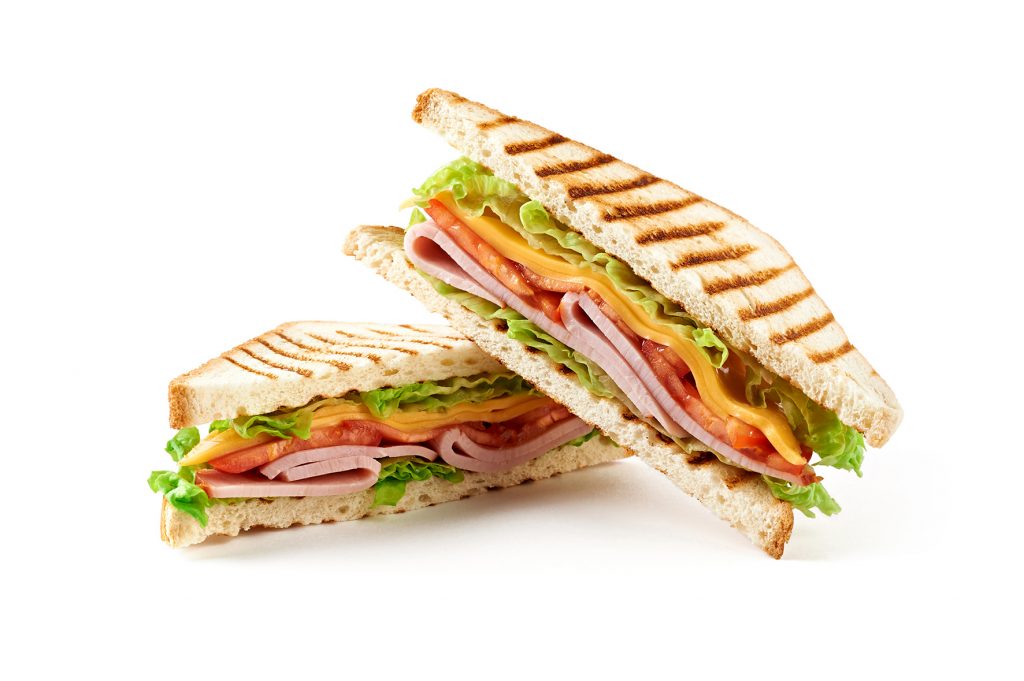With a summer of travel finally ahead of us, it’s time to dust off the suitcases and get away.
But when you’re digging out your passport or packing up your camping gear, are you giving any thought to how nutrition plays a part in your travel plans?
What you eat when you’re travelling can have an impact on how you feel as your journey unfolds. From that glass of wine at the airport bar to those pre-packaged service station sandwiches on a road trip, good nutrition can have a positive impact on your stress and energy levels, whether you’re going by plane, train or automobile.
Kate Delmar-Morgan, Head of Clinics and a registered nutritional therapy practitioner from the Institute for Optimum Nutrition,gives her five top tips for healthy, yet tasty travelling.
Don’t eat and drive

If you are road tripping this summer, be careful not to eat and drive at the same. Although it’s not actually illegal to eat and drive,[1] you could face charges of dangerous driving if it causes an accident. But Delmar-Morgan offers another reason to avoid this habit. “If you eat and drive at the same time you are more likely to eat quickly, which can lead to compromised digestion,” she says. “Digestion starts with chewing, if you are rushing to eat the food, it won’t be well digested, so take a break and stop to eat.”
Don’t drink and fly
It can be very tempting to hit the airport bar before a flight, especially if you are a nervous flyer, but drinking alcohol may actually be counterproductive. For some people, alcohol can increase feelings of anxiety, rather than relieve them, and it can have other undesired effects too – so is best avoided. Delmar-Morgan explains, “Even a small amount of alcohol will cause you to become dehydrated which can ultimately make jet lag worse and possibly cause constipation if you are flying long-haul and will leave you feeling uncomfortable. Alcohol affects sleep patterns making it harder to adjust to a new time zone. Water is the best thing you can drink both before and during a flight.”
Food for focus
What you eat can impact your concentration levels, so whether you’re getting behind the wheel or looking after children on a flight, you need to keep your wits about you. Delmar-Morgan advises, “Quick snack foods are often chosen for car journeys or at airports and train stations but foods like this tend to be highly refined, sweet and lacking in nutrients, so they may lead to poor blood sugar balance. This in itself may cause poor concentration and feelings of fatigue, which won’t help your energy levels or focus when travelling.”
Sandwich tips

If you’re making sandwiches for any journey, some sensible and simple swaps may help to increase the nutritional value. Delmar-Morgan explains, “Aim to make or buy sandwich with wholegrain bread or a wholemeal wrap, rather than white bread, as this will provide more consistent energy. Try not to overload on starchy carbs as these can make you feel sleepy. A definite no-no if you are driving. If you buy a packet sandwich, choose wholemeal bread and try taking away a slice of bread from each sandwich and putting it back together with maximum filling but less bread.”
Plan ahead
“Irregular meal patterns and skipping meals can cause fluctuations in tiredness and decrease energy levels,” says Delmar-Morgan. “If you are going on a long journey, take snacks that will support energy and concentration such as a piece of fruit and some nuts or some hummus and oatcakes.” If you are setting off early in the morning, Delmar-Morgan recommends soaking some oats the night before and simply adding berries and some nuts or seeds for a delicious and healthy breakfast, which can easily be transported in Tupperware. For road trips, she says to take a cool bag or box and prepare a tasty salad that can easily be eaten with just a fork. “These can be loaded with healthy salad items, grated carrot, peppers, quinoa and proteins such as chicken or tuna,” she says.
Finally, get a good night’s sleep before the day of your journey so you are refreshed and raring to go. Happy holidays!
Hush Mayfair – Our Top Spot This Summer





